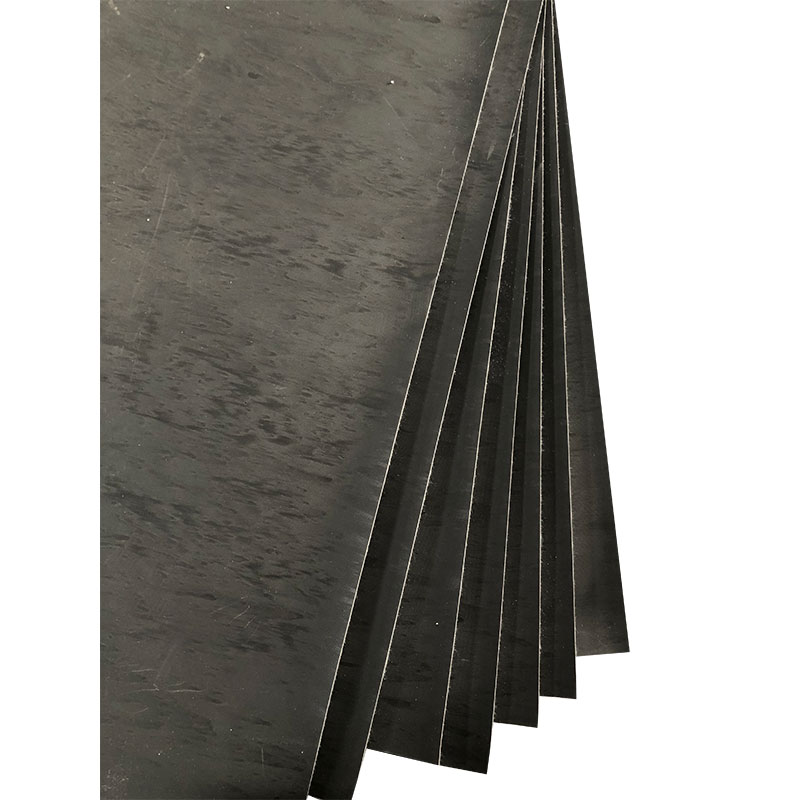Considerations related to vinyl sound barriers
2024-01-24
A vinyl sound barrier, also known as a vinyl noise barrier or vinyl soundproofing material, is a type of material designed to reduce or block the transmission of sound. These barriers are often used in construction or retrofitting projects to create more acoustically isolated spaces. Here are some key features and considerations related to vinyl sound barriers:
1. Material:
- Vinyl: Vinyl is a synthetic material known for its durability and flexibility. In the context of sound barriers, vinyl sheets or rolls are used to create a dense, mass-loaded barrier that impedes the transmission of sound waves.
2. Sound Isolation:
- Mass-Loaded: Vinyl sound barriers work on the principle of mass loading, where the dense material adds mass to walls, ceilings, or other surfaces. This mass impedes the transmission of sound, preventing it from traveling through the barrier.
3. Thickness and Density:
- Varied Thickness: Vinyl sound barriers come in various thicknesses, and thicker barriers generally provide more effective sound insulation. The density of the vinyl material is a critical factor influencing its soundproofing capabilities.
4. Flexible and Easy to Install:
- Rolls or Sheets: Vinyl sound barriers are often supplied in rolls or sheets, making them easy to handle and install. The flexibility of the material allows for customization and adaptation to different surfaces.
5. Applications:
- Construction and Retrofitting: Vinyl sound barriers are commonly used in construction projects and retrofits to improve sound insulation in walls, ceilings, and floors. They can be applied in residential, commercial, industrial, or automotive settings.
6. Installation Methods:
- Direct Application: Vinyl sound barriers can be directly applied to surfaces or inserted into wall or ceiling structures during construction. They can also be added as a layer in existing structures for retrofitting.
7. Versatility:
- Adaptable to Various Spaces: Vinyl sound barriers are versatile and can be used in various spaces, including residential homes, offices, theaters, recording studios, and industrial facilities.
8. Weather Resistance:
- Outdoor Use: Some vinyl sound barriers are designed to be weather-resistant, allowing them to be used in outdoor applications, such as fencing or barriers along highways or industrial sites.
9. Fire Resistance:
- Fire-Retardant Options: Depending on the specific product, vinyl sound barriers may come with fire-resistant properties, meeting safety standards and regulations for use in different environments.
10. Cost Considerations:
- Budget-Friendly: Vinyl sound barriers are often considered cost-effective solutions for soundproofing compared to more complex constructions or higher-end materials.
11. Maintenance:
- Low Maintenance: Once installed, vinyl sound barriers generally require minimal maintenance. Regular cleaning may be necessary, especially for outdoor applications, to ensure optimal performance.
12. Consultation with Acoustic Professionals:
- Expert Guidance: For complex soundproofing projects, it is advisable to consult with acoustic professionals or engineers who can assess the specific requirements of the space and recommend the appropriate vinyl sound barrier solutions.
When considering vinyl sound barriers, it's essential to understand the specific soundproofing needs of the space and choose the appropriate thickness and density for effective results. Consulting with experts and following manufacturer guidelines for installation are crucial steps in achieving optimal soundproofing performance.



